Rites of Passage
Rites of passage include Baptism, Confirmation, Marriages and Funerals. They are significant occasions marking major transitions in our lives, as we journey from one stage to another. They affirm our sense of belonging, reinforce our culture and values, and enable our community to celebrate our lives together as Christians.
Baptism
Baptism is a Sacrament.
When you are baptised, you’re brought to Jesus Christ and made a member of Christ’s Church. It is a new start to life in which you are accepted and sealed by God with the Holy Spirit to represent Christ to the world.
As a response to the baptism which God gives us, we declare our faith and intention to serve Christ, and ask for God’s continuing grace to support us in the task to which we are called.
Baptism sits at the heart of a wonderful journey of faith as a follower of Jesus Christ. You are never too old to take the first step on this journey, whether you are an infant, child or adult.
A sacrament is a sign pointing to something other than itself, giving you an inward and spiritual grace when you receive it.
Confirmation
At Baptism we become adult followers of Christ and members of his Church. In Confirmation we ‘confirm’ our baptismal vows, which are usually made in infancy by parents and godparents on our behalf, and claim the promises and responsibilities of Baptism as our own.
Confirmation is one rite of passage that the Church provides.
Baptism and Confirmation used to be performed as one rite, but as the custom of infant baptism became common, the Church delayed Confirmation until the baptised person was old enough to understand the privileges and responsibilities of Christian faith. Today, in Confirmation we ‘come of age’ in the Church and gain full membership to the Christian community.
A Bishop performs Confirmation by the outward and visible sign of the laying on of hands with prayer. In doing this, a Bishop calls down the gift of the Holy Spirit, so you receive the inward and spiritual grace of the Spirit, strengthening and confirming you in your commitment as an adult Christian.
Marriage
A wedding is one of life’s great moments, a time for good wishes, feasting and joy.
For Christians, marriage is also an invitation to share life together in the spirit of Jesus Christ. It is based on a solemn, public and life-long covenant, made and celebrated in the presence of God and before a priest and congregation.
In the Sacrament of Marriage, through the joining of hands and the giving and receiving of vows and rings, a man and woman become a sign of a much deeper inward reality. Their relationship is strengthened and sanctified by the same quality of self-giving love which was revealed by God in Christ.
There is nothing uniquely Christian about marriage as an institution. We welcome people of all cultures and faiths to be married in our churches if you are willing to have an Anglican service.
Marriage is intended by God to be a creative relationship, and His blessing allows couples to love and support each other in good times and bad.
Funerals
When death approaches, whether it’s our own or someone close to us, it immediately becomes our principal and overriding concern.
Of all human events, death concerns us most deeply.
When people die, their family and friends suffer loss, shock and grief. Grief is like a wound which requires time and care to heal. Nevertheless, God’s love continues through our grief and loss. A funeral service aims to strengthen our assurance of this through this difficult time.
In a funeral service, there is comfort for the mourners, the commendation to God of the person who has died, and the committal of the body for burial or cremation. The Christian hope is that nothing, not even death, will separate us from the love of God which endures and prevails forever.


